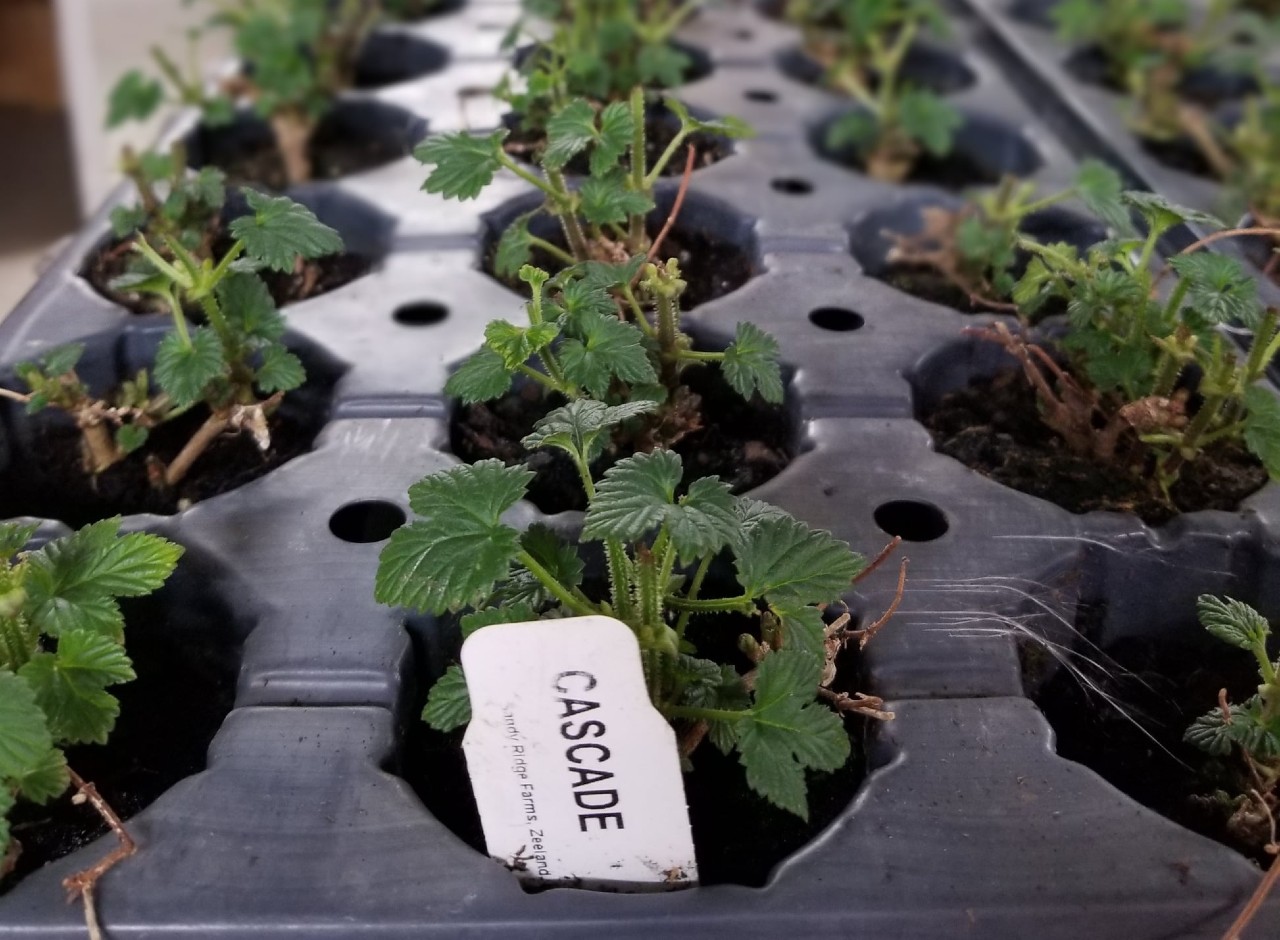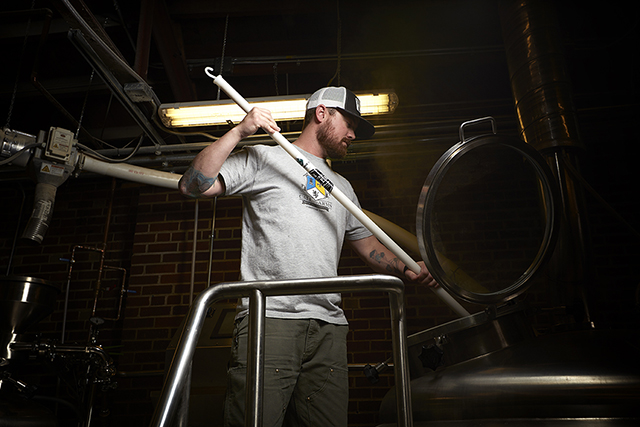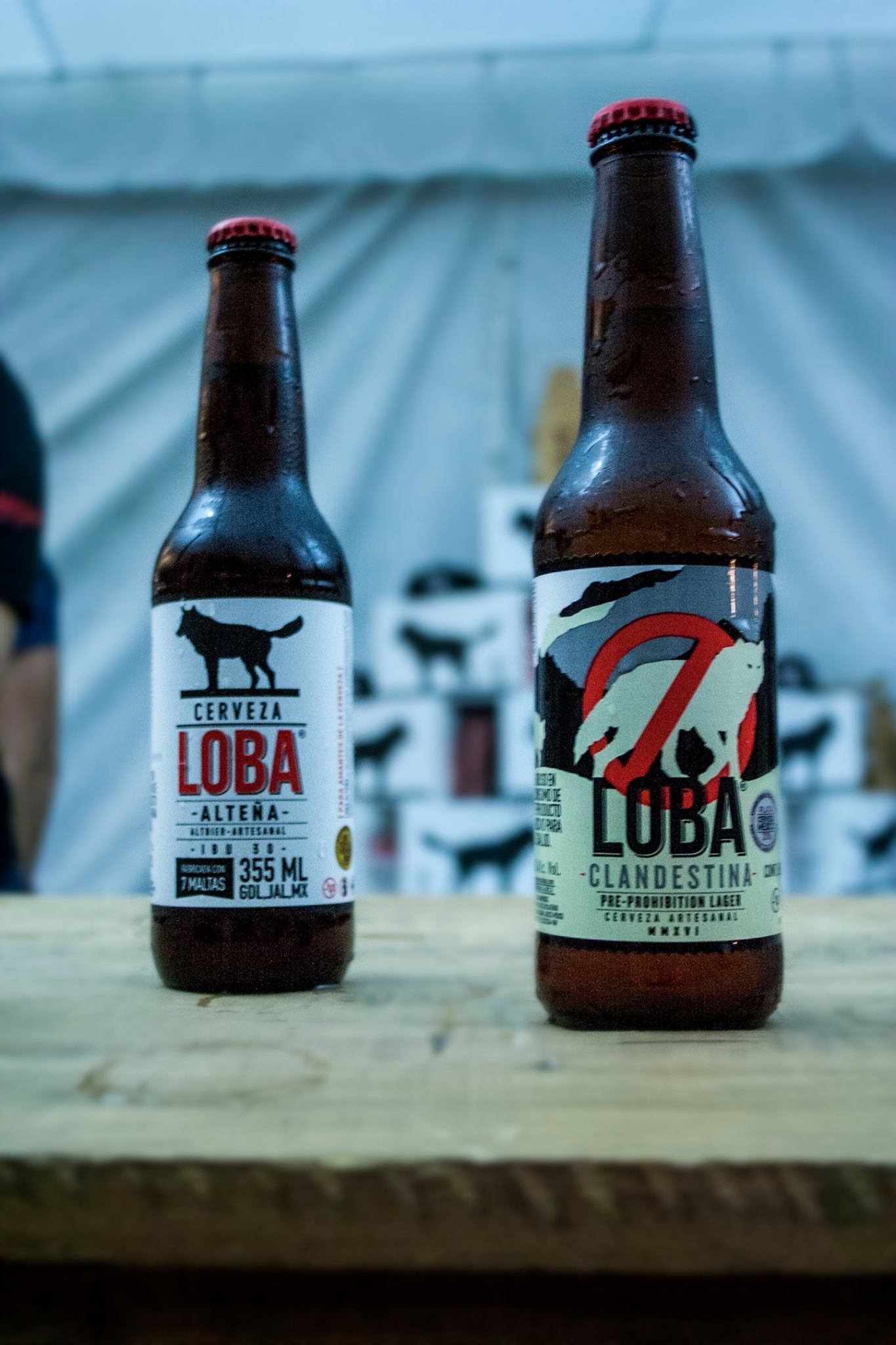
Fresh hops grown on the West Coast have long dominated the craft beer scene, but East Coast wet hop ales have a growing list of appreciators, especially among the “drink local” crowd.
Blue Mountain Brewery is among the innovators in this genre of East Coast brewers, winning accolades for its use of hops grown on its own property in Afton, Virginia, where it was the first microbrewery to open in Nelson County.
“We’ve used our Cascades ‘wet’ in Belgo-American wet-hop IPAs, single-hop IPAs, and double IPAs, and we’ve used them dried in Full Nelson — our flagship Pale Ale — and double IPA,” owner Taylor Smack said. “Our greatest success has been our Belgo-American wet-hop IPA ‘Blue Reserve,’ which is still the only beer to medal at both the GABF and WBC using 100% Virginia hops.”
The first field lasted for 12 years before downy mildew necessitated replanting. In both that iteration of hops and the crops that followed, the hops developed characteristics that were unique and representative of the soil they were planted in.
“By year four, the Cascade cultivars had taken on their own very distinct terroir, losing the expected grapefruit aroma and taking on a very obvious and strikingly delicious nose and flavor of fresh lime and lime zest,” Smack said. “It was remarkably unique and tasty. We’ve had varying alpha-acid content over the years, but it has hung basically in line with the typical Cascade range. When we’ve had to replant, the Cascades exhibit normal aroma and flavor for the first year or two and then shift to gain their own unique flavor of Nelson County, Virginia.”
Smack said there had been no real learning curve other than that which typically comes to inexperience involved with using the hops when brewing, adding that Centennial hops were his favorite complementary hops to use along with their Virginia Cascades.
“Any shortcomings of the hops’ usability came for us because of our own lack of experience with drying the hops in our oast house when we used to do that,” Smack said. “But really, they’re still basically as easy to use as any commercial lot.”




Be the first to comment